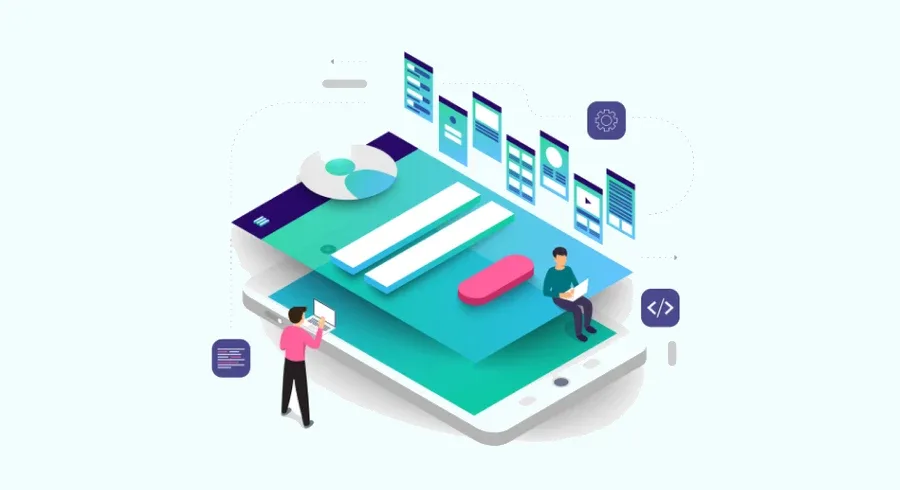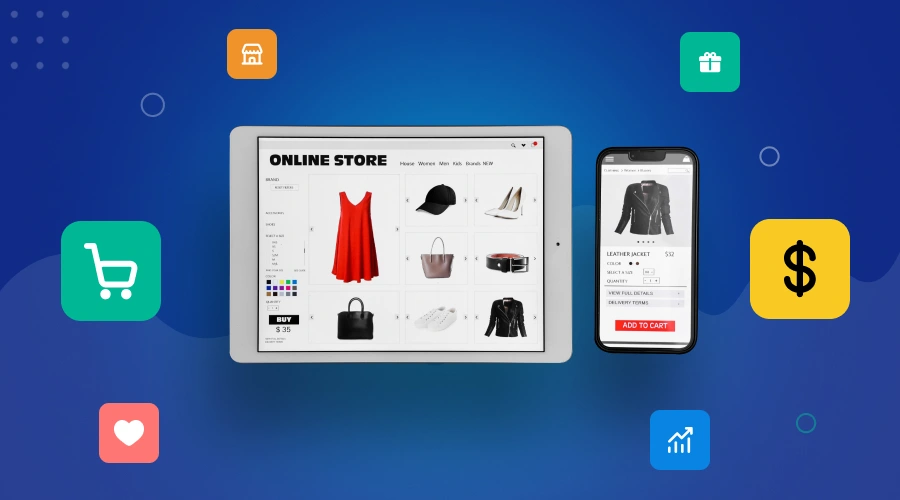Testing and debugging are crucial in app development. They ensure that a mobile app functions properly before it’s launched for the users.
In today’s digital business landscape, mobile apps have become a crucial tool for businesses to reach out to their end customers with their respective products and services. Creating a mobile app, however, is only half the battle; the other half is ensuring that it is functional and bug-free. This is where testing and debugging come into play. Here, we’ll look at the finest tools and resources for testing and debugging mobile apps to ensure they’re of high quality and deliver the best user experience.
Types of Mobile App Testing
Before we dive into the tools and resources, let’s first discuss the different types of mobile app testing. There are several types of testing:
- Functional testing: This type of testing ensures that the app works as intended and meets all functional requirements.
- Performance testing: This testing type monitors how the app performs under different conditions, such as high traffic or low internet connectivity.
- Security testing: This type checks the app for potential vulnerabilities and ensures user data to be protected.
Manual Testing
As the name suggests, manual testing is about testing the app manually to ensure it works as intended. Thus, even though it is time-consuming, it’s useful for identifying issues that may not be identified by automated testing. Here are some tools that can be used for manual testing:
- TestFlight: TestFlight is a tool that allows you to distribute your app to testers for manual testing. It’s an excellent tool for collecting feedback and identifying issues.
- Applause: Applause is a food tool that allows you to crowdsource manual testing. You can choose from a pool of professional testers who will manually test your app and provide feedback.
- UserTesting: UserTesting is a tool that allows you to get feedback from real users. You can create tasks for users to complete and watch their screens as they navigate your app.
Automated Testing
Automated testing involves using tools to test your app automatically. This is obviously faster and more efficient than manual testing. Some tools that may be used for automated testing are:
- XCTest: XCTest is a testing framework for iOS-based apps. It’s built into Xcode and allows you to write and run tests for your app.
- Espresso: Espresso is a testing framework for Android apps. It’s built into Android Studio and allows you to write and run tests for your app.
- Appium: Appium is a cross-platform testing tool that allows you to write tests in any programming language and run them on iOS and Android devices.
Performance Testing
Performance testing helps ensure your app performs well under different conditions. Some tools that you can use for performance testing include:
- Gauge: Gauge is a tool that allows you to simulate different network conditions and test your app’s performance.
- Apache JMeter: Apache JMeter is a tool that allows you to simulate high traffic and test your app’s performance under heavy load.
- LoadRunner: LoadRunner is a performance testing tool that allows you to test your app’s performance under heavy load and identify any bottlenecks.
Security Testing
Security testing is essential for ensuring that your app is secure and user data is protected. Some tools that you can use for security testing are:
- OWASP ZAP: OWASP ZAP is a security testing tool that allows you to identify vulnerabilities in your app and fix them before they can be exploited.
- Acunetix: Acunetix is a tool that allows you to test your app’s security and identify any vulnerabilities.
- Veracode: Veracode is a cloud-based application security testing tool that offers static and dynamic testing to identify and fix vulnerabilities in your app.
Crash Reporting
Crash reporting is crucial for identifying and fixing any crashes or errors in your app. Some tools that can be used for crash reporting are:
- Crashlytics: Crashlytics is a crash reporting tool that allows you to identify and fix any crashes or errors in your app.v
- Sentry: Sentry is a crash reporting tool that allows you to identify and fix any crashes or errors in your app by providing detailed error reports.
- Bugsnag: Bugsnag is a crash reporting tool that allows you to identify and fix any crashes or errors in your app in real-time.
Conclusion
Testing and debugging are critical aspects of app development. You can ensure that your app is of the highest quality and provides the best user experience by using the correct tools and resources. There are numerous tools available to help you achieve your goals, whether you choose manual or automated testing, performance or security testing, or crash reporting. Therefore, go ahead and begin testing your app right now!







